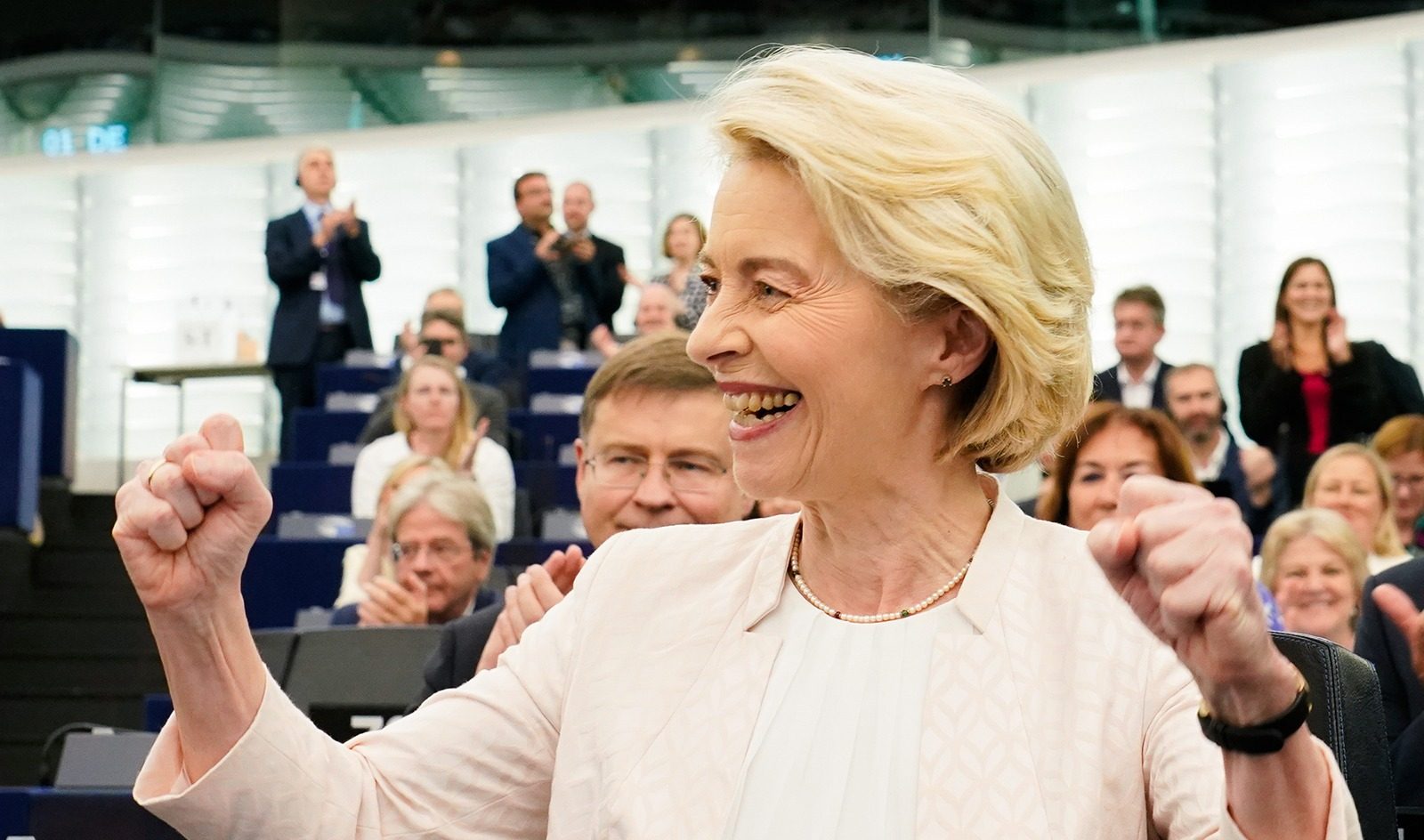
Experts in European integration discussed issues related to the Maastricht Treaty at an international conference.Continue reading

A debate entitled “The Silent Coup: The European Commission’s power grab” was held at the MCC Brussels training center on Wednesday, with the aim of presenting the hypothesis that the series of crises in the European Union in recent years has been accompanied by an increase in the power of the European Commission.
The conference presented research by Italian author and journalist Thomas Fazi, who argued that the sovereign debt crisis, the refugee crisis, the Brexit vote, the COVID epidemic and the war in Ukraine have all led to an increase in the powers of the European Commission. The author of the research sought to answer the question of whether the Commission used these crises as a pretext to create a supranational and more centralized EU, or whether its response to the crises was merely a ‘natural’ response to the challenges.
At the heart of this process, said Thomas Fazi, is Ursula von der Leyen, President of the European Commission, who has been actively involved in the transformation of EU governance.
The research highlights that the takeover of the Commission has been mostly “insidious,” through various forms of “empowerment.” “In the absence of democratic debate on formal treaty changes, we are witnessing the transfer of sovereignty from national to supranational level at the expense of democratic control and accountability,” he said. In his words, this is what has been called “stealth integration,” “hidden integration” or, in the words of political philosopher Perry Anderson, “a coup.”
Over the past 15 years, the European Commission has undergone significant expansion in its powers, leading to a major shift of sovereignty from national governments to the EC
says @battleforeurope pic.twitter.com/oVUo9uoBzd
— MCC Brussels (@MCC_Brussels) September 11, 2024
The author added that his research also examines the shifting power dynamics between the EU executive, the Commission, and the Council of national governments, and the paradox that this process has often been supported by the member states themselves, at the expense of their sovereignty.
The trend also raises concerns about the erosion of national sovereignty and democratic accountability that has accompanied this process,
he noted.
In his speech, Frank Füredi, head of the center, said that the most important thing in Brussels at the moment is to fight against “blind federalism,” that sees borders and nations as fundamentally negative. In his opinion, the followers of this tendency use “salami tactics” and “always take a little more from the nation to always give a little more to the Commission.”
According to Prof. Füredi,
the conservative right must unite closely and take a united stand against mass migration and the Green Deal, “because both will have a serious, destructive impact on the lives of European citizens.”
“We have to fight against the policies of the Commission and the federalist movement, which in a certain sense belittles and cordons off anyone who pursues national or sovereigntist policies,” the MCC Brussels leader pointed out.
Via MTI, Featured image: Facebook/European Parliament